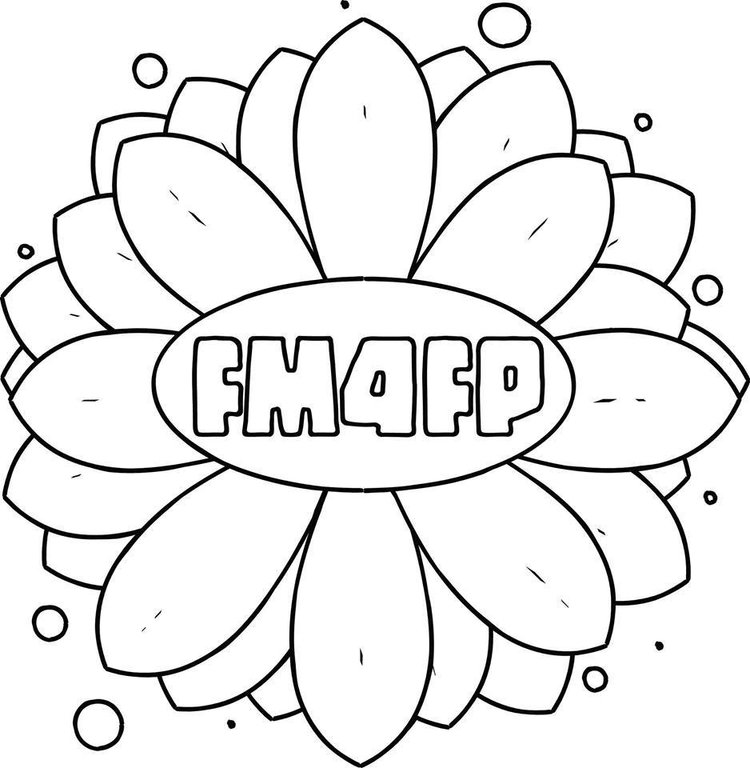CU Denver-born folk trio release their debut album, marking a milestone in their sisterhood
In 2016, Alana Margolis, Katie Smith, and—a year later—Megan Ellsworth, each respectively moved to Denver with two main commonalities: they were moving to a brand new city from a very small town, and they genuinely loved singing. This summer, those commonalities have musically actualized into Sister Neapolitan’s self-titled debut album.
The College of Arts & Media at CU Denver provided a kick-starting catalyst for their connection. Sitting down with Margolis, she recalled spotting Katie in her women’s studies class after seeing one another at a singer-songwriter semester kick-off function. Alana described the meeting as a “classic extrovert-introvert relationship.” A year later, Katie and Alana first heard Megan perform. Ellsworth had transferred into the program from a school in Santa Fe. At the start of her set, Alana and Katie shared a reverent glance—the friendship seemed set in stone.
The three women’s shared small-town upbringing paved an easy connection as they all began developing their adult identities individually, and their friendship collectively. Music naturally became another adhesive layer to their bond until it clicked:
“Why don’t we just do this forever?” Alana recalled, “why don’t we just be in a band?”
The more they wrote together, the more their sound unified into the raw and angelic folk feel of the album. The silky, melodically driven harmonies sound intrinsically divine by the subtle fusions of raw acoustic instrumentation with balanced touches of production. Their producer, Ben Pisano, provided a key contribution to this fusion of the project. Much like the sister’s first meeting, Alana recalls first hearing Pisano playing at a coffee shop and approaching him: “you have the voice of a thousand cherubs, and I wanna be your friend.”
Originally, the three planned to release their work at the beginning of 2020 as an EP, and do another tour that summer to workshop it. But like most of the world, before they knew it, they couldn’t even get together. “[W]e took like a three or four-month hiatus of just seeing each other, and then when we felt like it was ok to start being us again, we started writing.” They met with Ben and began to brainstorm. “‘Let’s just harp on this opportunity,’” Alana remembered thinking, “as much as it sucks and as much as no one planned for this to happen, let’s turn this into a creative opportunity for ourselves.” Katie suggested they turn it into a full album. After steady work for months, Sister Neapolitan dropped the album on June 5 of this year.
With shifting roles of contribution, the sisterhood largely reflects the free-write atmosphere they met in. Each providing their own influence to the cohesive, sometimes they’d write together and others workshop each other’s solo concepts. “We would just automatically start harmonizing with each other,” Alana said, and the individual ideas would blossom within their space together. The album layout, although unintentionally so, reflected the combination of these writing methods with the first five tracks created collectively, and the final three being a collaborative coloring of individual pieces.
The opening track, “Lulluaby,” suitingly stems from a songwriting exercise at CU where the three of them reshaped a poem written by their professor’s grandmother. “We just took parts of the song and made it our own,” Alana remembered. It was the first song they ever wrote together. Another group-composed song, “Time to Grieve,” came about as the three of them shared the new challenge of navigating the responsibilities of adulthood without a sense of being able to grieve with the passing of time.
But the group also allowed them to expand their individual writing as well, as Alana described with her song on the album, “Outgrown,” being one of the best songs she has ever written. “So just to have the girls immediately pick up harmonies with it, and then what Ben Pisano—our producer—what he did with the track, the vision he had was something I could never imagine.” From the original 10-minute burst to write the original song in her room, to Pisano’s Jimmy Page-esc final touches on the electric guitar heard near the end, Margolis cherishes the collaboration not just for its results, but the space of honesty and support:
“All of us were friends with Ben before we started working together,” she said, “so we already had that relationship of just being like, ‘that wasn’t your strongest take, let’s do it again.’ It was nice just to have that relationship instead of being like ‘yeah whatever you wanna do sounds great:’ it taught us how to speak up for ourselves, especially as women in the industry.”
For all the industry’s many mechanisms to pump out hits and icons, Sister Neapolitan offers a refreshing paradigm to the lighter sides of the industry, the sides that really keep the music and its social importance alive. “I created this with my best friends in the whole world, and that people can resonate with it and actually like it? Insane to me, “ Alana said, “There are people who dream about doing this and it doesn’t happen for them, and just to be able to do it with the people that I love and make it something that I would listen to, that’s cool.” In all her excitement, Alana’s unwavering humility seemed to bring her back to what the real heart of our entire conversation was about:
“Bands can last for so long, but to put it back to the beginning, we were best friends first—we’re gonna be friends forever. Those girls are my sisters.” Luckily for everyone, their sisterhood can be experienced sonically, today—and for many days to come.
Learn more about Sister Neapolitan at https://www.sisterneapolitan.com/
Written by Tommy Clift





